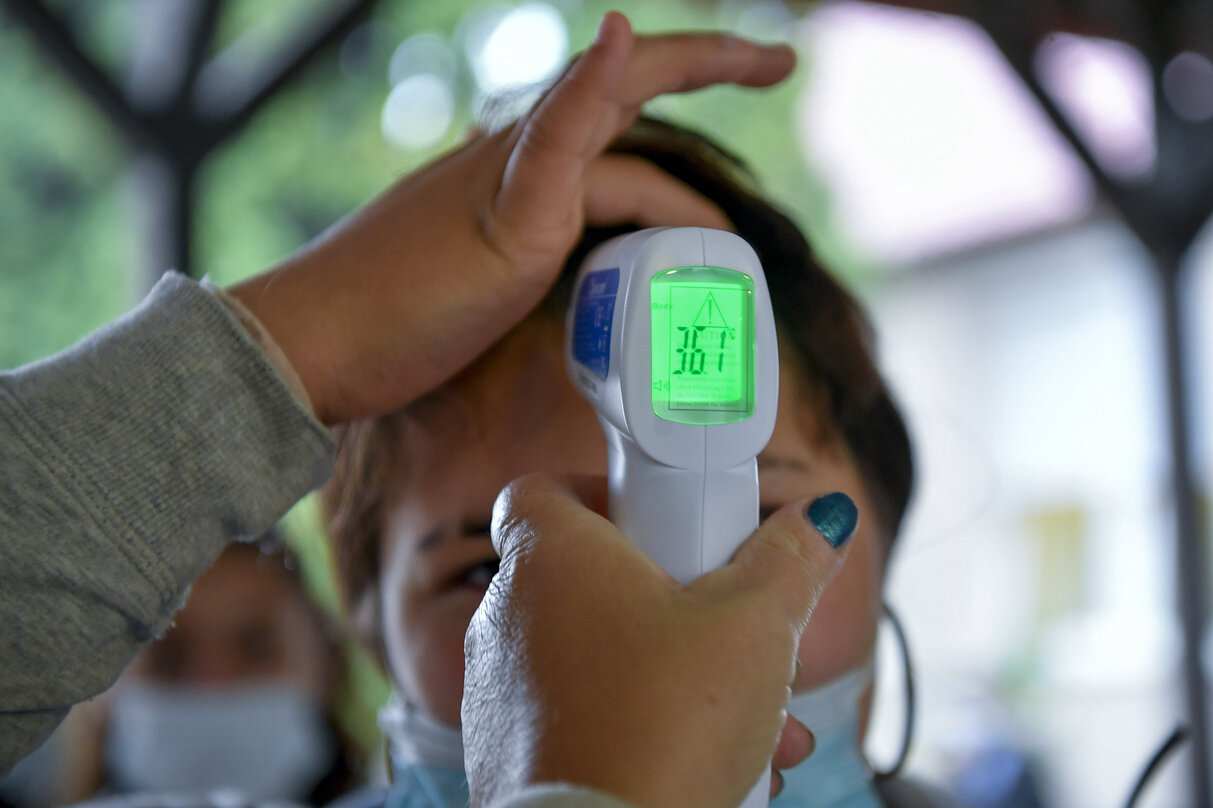Hungarian government fights the second wave of COVID-19 with mindless spending

The Hungarian government keeps spending way more money than necessary on medical equipment in the name of preparing for the second wave of the coronavirus pandemic. They keep buying ridiculously overpriced items when the market has way better and cheaper options available.
Ridiculously overpriced mask sewing machines
The government purchased mask sewing machines from China for 600,000 euros, Telex reports. However, members of the opposition claim that there are similar sewing machines on the market for just a fraction of this price.
For example, Ákos Hadházy, an independent Member of Parliament, found a very similar sewing machine online for just 60,000 euros, and someone from retail also told him about a machine that can sew 100 masks in a minute and costs around 63,000 euros. Even if we add the shipping, customs, and tax charges, it still totals in way less than what the government paid. György Babosi from Momentum claims the same. Babosi owns a company selling medical machines, and he could have got mask sewing machines capable of producing 1 million masks a month for 140,000 euros + shipping and customs.
1.6 million euros for thermometers that do not work
The government also spent 1.6 million euros on 41,000 thermometers (approximately 39-40 euros per piece) which they distributed among schools, Népszava reports. These thermometers proved to be untrustworthy, as they often indicate irrelevant, much-too-low temperatures. Similar thermometers are available online for 28-221 euros per piece. The National Healthcare Service Centre also orders disinfectants for educational institutions for 1.6 million euros monthly.
Excess ventilator shopping
For whatever reason, the government keeps buying ventilators, even though there are more than necessary available already, 444 reports. A tender has been drawn by the National Directorate General for Disaster Management, which belongs to the Ministry of the Interior, for 465 ventilators when there are currently 20,000 ventilators available in Hungary thanks to an over-purchase of HUF 300 billion (EUR 835 million).
Source: www.telex.hu; www.nepszava.hu; www.444.hu



Huje magyarok minden szart el hisznek ezért nem tudok látogatni haza meni Angliából.
This is a typical example of employees brought up in the Communist mindset era where they are told what to do – order it – but don’t think or cannot think because they never were taught to think and pass this mindset on to the next generation. When will the government be able to think and realize they need to teach kids when they first go to school how to think??
Steve Tarnay…. Communism, Communism, what a fascinating obsession for those whose mindset is the one of the Cold War, and such a comfy and convenient blanket to cover up all disfuntions of our days… Communism, if it ever really existed, in fact we should rather say Socialism, is over. Since decades.
Let’s not blame Socialism for the evil Orbanism does to Hungary and its people today.
This story on how state money is wasted in such a foolish way may have a lot in common with practices of the past, and anyway it is also common to similar practices of non Socialist states. However, it is a story of today, not of the 1970s. This is Orban’s Hungary, not Kadar’s.
Greetings.
Mario… You are exactly what I’m talking about. A perfect example of the product of the generation that went through the brainwashing 45 year era of Communism during the Soviet occupation. Unfortunately, your generation and future generations will take time to be able to understand because they were born into it and unknowingly pass it on to the next generation. When some is brainwashed and losses the ability to think and UNDERSTAND THE DIFFERENCE then its impossible to have a discussion. A solution that would help is to bring in expat teachers who didn’t go through the brainwashing era and teach here in Hungary starting at the most formative first years of school.